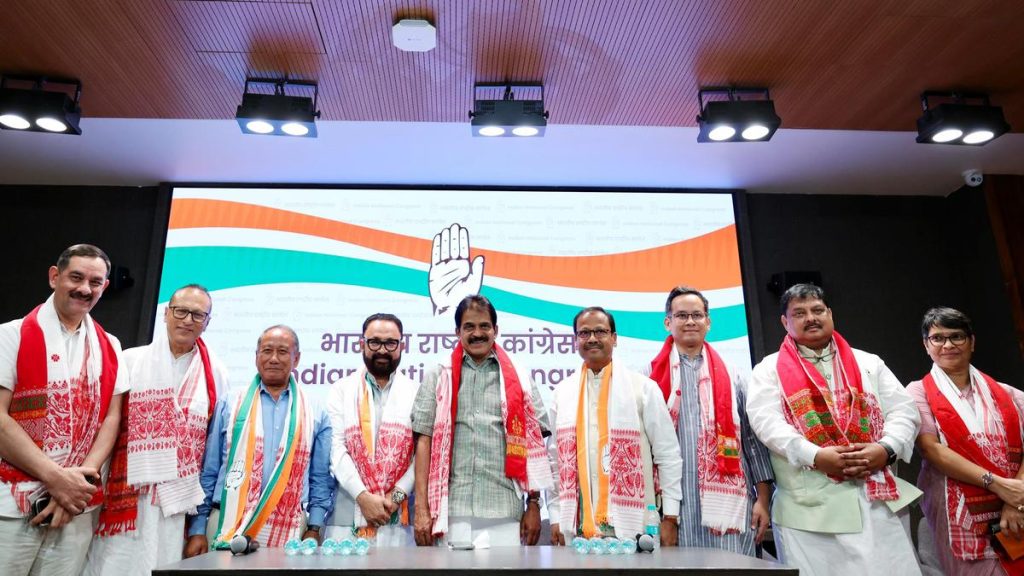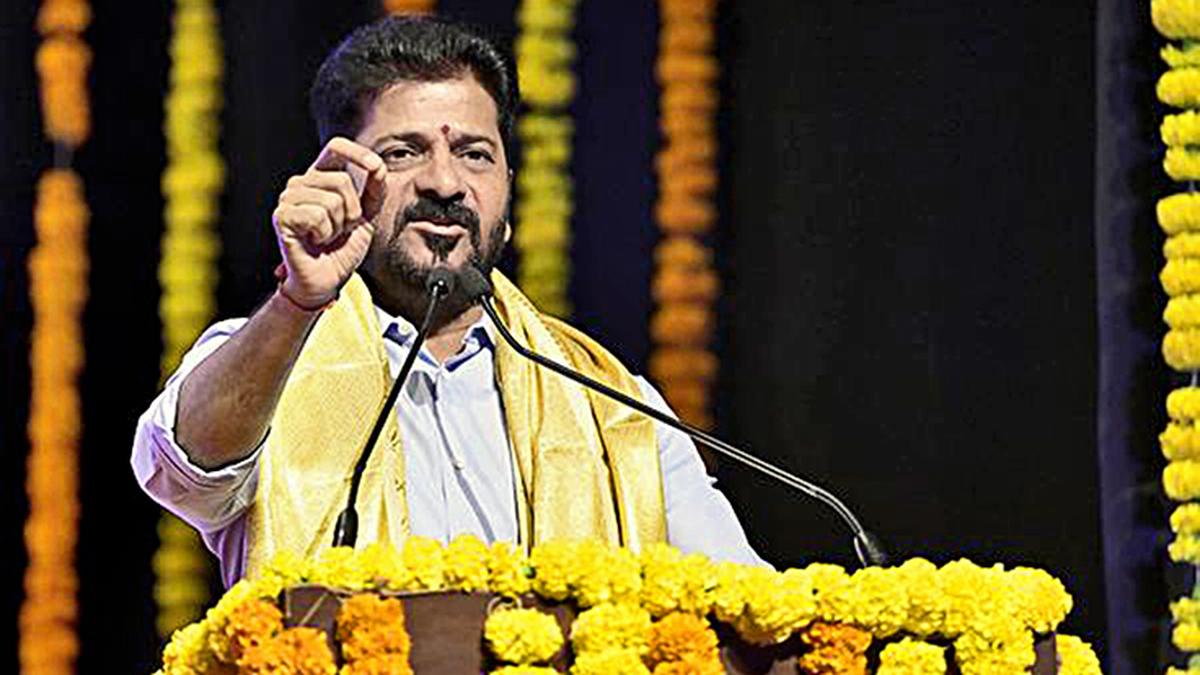Now Reading: Bombay High Court Orders Maharashtra to Curb Maratha Protestor Influx into Mumbai
-
01
Bombay High Court Orders Maharashtra to Curb Maratha Protestor Influx into Mumbai
Bombay High Court Orders Maharashtra to Curb Maratha Protestor Influx into Mumbai
Fast Summary
- The Bombay High Court directed the Maharashtra Government to clear Mumbai streets of Maratha quota protestors by September 2, 2025, at 4 p.m. and limit protests to Azad Maidan.
- Protestors were seen engaging in disruptive activities such as climbing traffic signals, playing games on streets, and damaging property, prompting the court to intervene.
- Although permission was granted for a one-day protest with 5,000 attendees at Azad Maidan, many unauthorized gatherings occured elsewhere in Mumbai.
- Activist Manoj Jarange-Patil continued his fast despite a lack of permission for “fast unto death” protests. The court ordered monitoring of his health and provision of medical aid if necessary.
- Organizers were reminded to adhere to previous restrictions on protest timings (9 a.m.-6 p.m.).
- Protestors raised issues about inadequate amenities at Azad Maidan, including power cuts and limited access to public toilets.
- A follow-up hearing before a regular bench is scheduled for September 2 at 3 p.m.
Indian Opinion Analysis
The High Court’s directive highlights the delicate balance between safeguarding public order and respecting citizens’ right to protest. Restricting demonstrations exclusively to authorized areas like Azad Maidan ensures minimal disruption while preserving democratic norms. However, logistics like access to basic amenities must also be addressed promptly by authorities if they expect compliance.
Unauthorized protests demonstrate escalating tensions around the Maratha reservation issue-a matter that has long-standing political sensitivity in Maharashtra. While deploying law enforcement can address immediate disruptions,resolving underlying grievances will require sustained political engagement from both state authorities and community leaders. Addressing such issues pragmatically can prevent similar escalations in other regions.
Read more: The Hindu Article
























